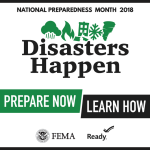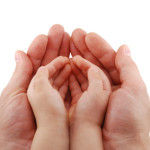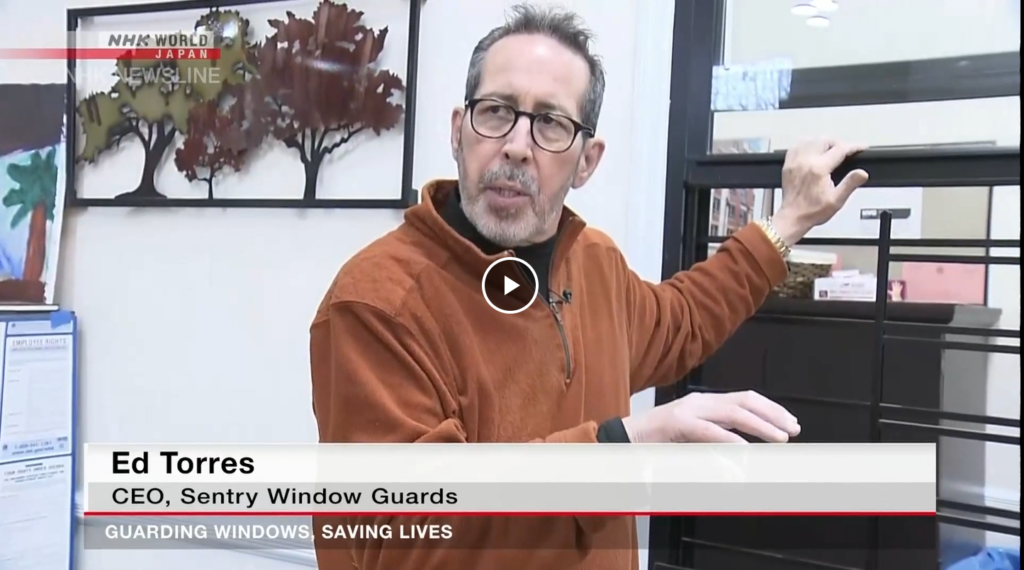 During the month of September, families, businesses, communities and governments across the United States focus on preparedness. While we don’t know how much more Mother Nature can potentially serve us, we still must take action and prepare for future emergencies NOW. Here are 4 steps to help ensure you have a plan to help keep you and your family safe if a disaster strikes:
During the month of September, families, businesses, communities and governments across the United States focus on preparedness. While we don’t know how much more Mother Nature can potentially serve us, we still must take action and prepare for future emergencies NOW. Here are 4 steps to help ensure you have a plan to help keep you and your family safe if a disaster strikes:
1. PLAN: Communication is key in preparedness. Make a family emergency communication plan that addresses how to reunite after an emergency if separated. Address the needs of elderly or special needs persons, young children and pets in your home. Be sure and communicate your plan with family and friends before disaster strikes. (Learn more about Emergency Communication Plans and download plan templates here.)
2. READY KIT: Be prepared with an emergency supply kit, aka “Ready Kit”. Each family, individual or business has different needs. Most of the items are inexpensive and easy to find, and any one of them could save your life. Don’t forget to consider any unique needs beyond the basics for elderly or special needs persons, young children and pets. (Download a ready kit checklist here.)
3. UNDERSTAND YOUR INSURANCE POLICY: You can’t prevent disasters from happening, but you can protect your home and property from potential damages. Work with your insurance agent to make sure you have the best coverage possible for your needs and that you understand the policy.
4. CONSIDER GETTING INVOLVED: When disaster strikes, every person counts. You could be the difference in someone’s life. If you already have a Ready Kit, considering creating one for a neighbor. You can also find volunteer opportunities in your community to help show others how to stay safe during a disaster.
At Sentry Window Guards we make it our mission to help keep families safe. While our business is to help prevent falls from windows, we also recognize the importance of disaster preparedness. For more information regarding our window guard products and our experience and leadership in understanding New York City safety requirements, contact us today!










